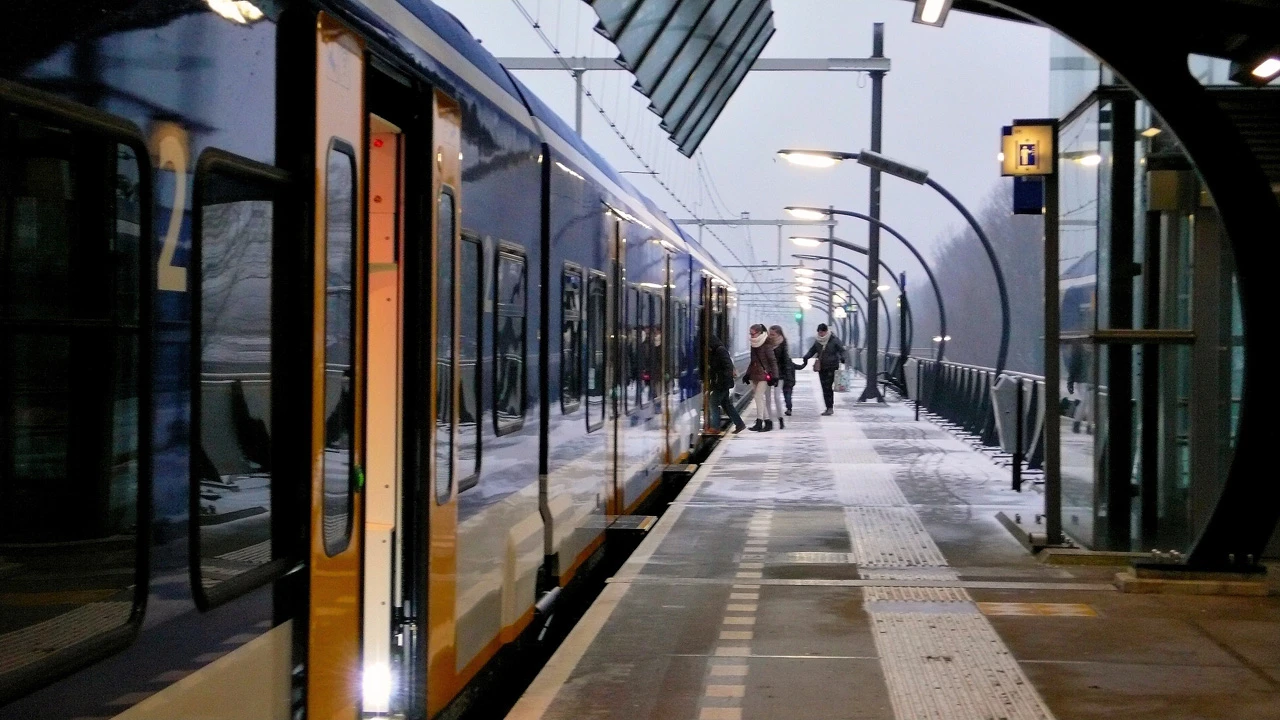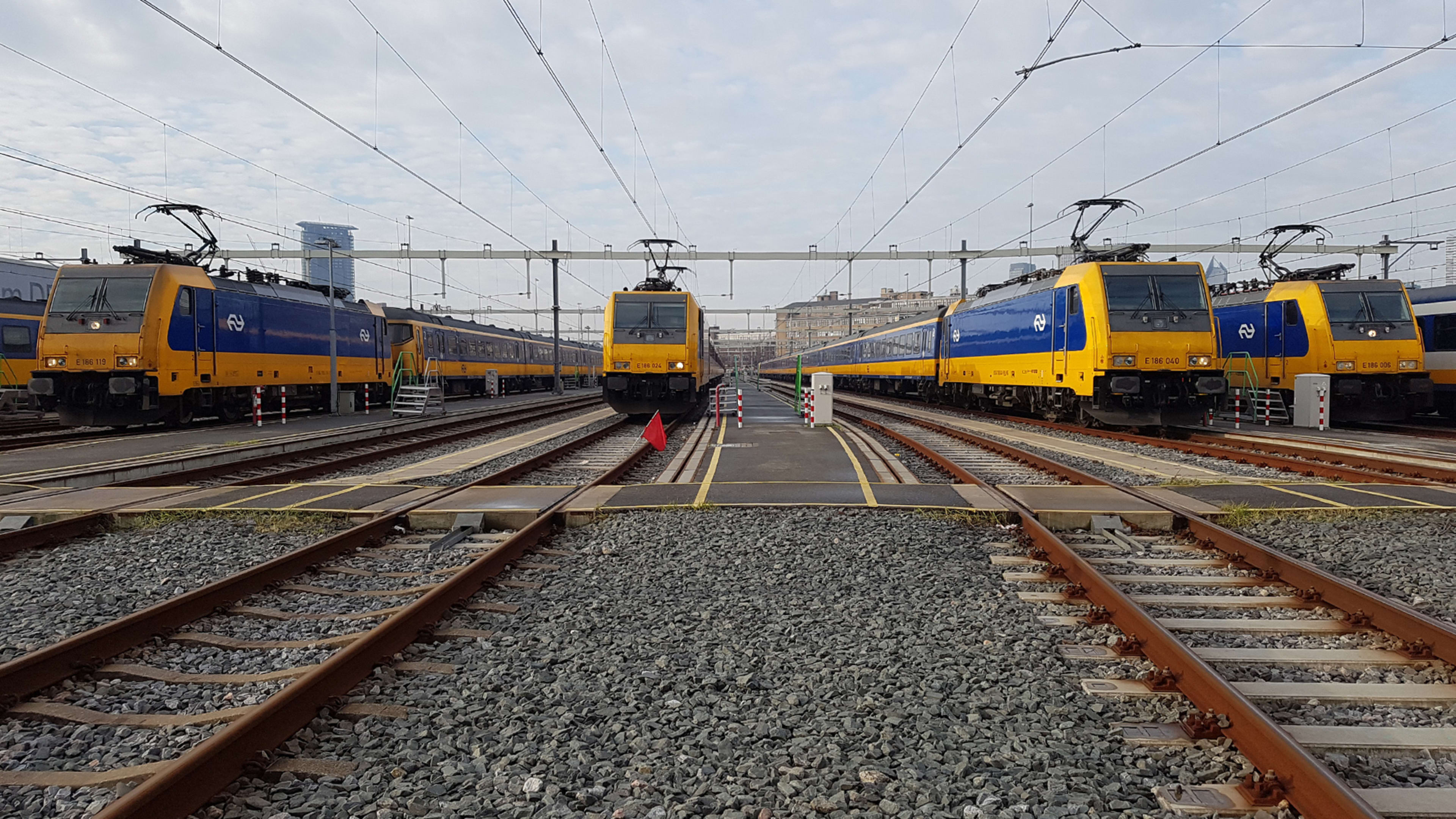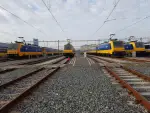A single Dutch Railways line in the Netherlands still runs on diesel fuel–but only until the end of this year. Every other train owned by the national rail company is already electric and now gets that electricity from Dutch wind farms.
“We want to give our commuters and train passengers a real sustainable alternative to flying or driving a car,” says Ton Boon, spokesperson for Dutch Railways or NS, which runs a network of 5,500 Dutch trains. “Especially daily commuters.”
The company, working in partnership with all other Dutch rail companies–including freight trains–had planned to source all of its electricity from wind by 2018, but after learning that extra wind power was available on the Dutch market, was able to purchase it earlier. The trains use a huge amount of power, roughly as much as the entire city of Amsterdam. But the growth in wind energy makes it possible to supply the whole amount.

Rather than buying power from existing renewable energy plants, the rail company chose to support newly-built projects. The power is sent into the grid, and the company buys certificates for each megawatt-hour of energy that it uses. Wind power doesn’t go directly to the trains, both because that’s not how the infrastructure is set up and because the trains need to pull from the grid for a constant source of power.
“If there is no wind you can run the trains,” says Boon. “There needs to be enough power on the grid always.”
Each day, 1.2 million people ride the trains–compared to less than 90,000 a day on Amtrak in the U.S. In 2011, the most recent year that data are available, Amtrak directly emitted nearly 800,000 metric tons of carbon pollution; NS’s operational footprint is close to nothing, while running more than 15 times as many trains.
“We want to set an example for the market that it’s possible to make an agreement with an energy supplier on making your energy usage really sustainable,” says Boon.
Recognize your brand’s excellence by applying to this year’s Brands That Matter Awards before the early-rate deadline, May 3.





